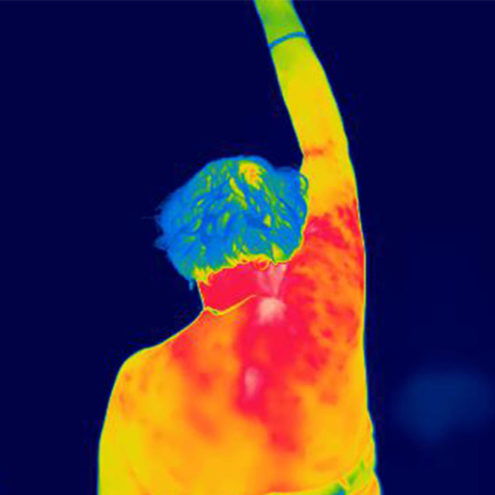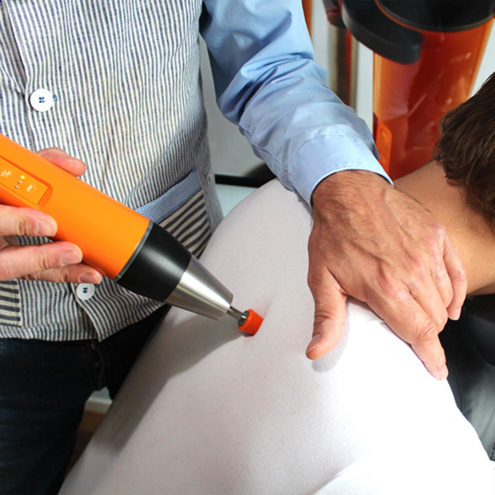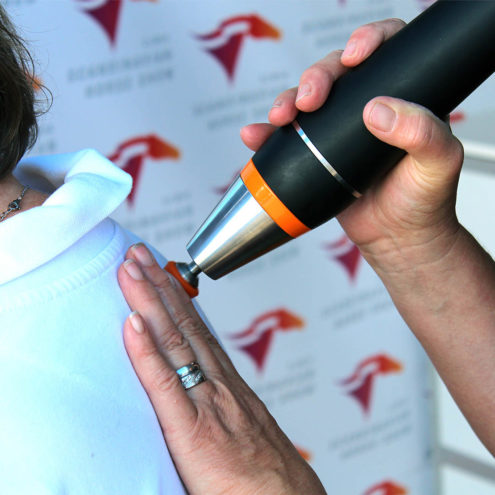Waking Up with a Forehead Headache: Causes and Relief

Waking up with a headache around your forehead can be a frustrating and painful experience. This type of headache can affect your day and reduce your productivity and general well-being. In this article, we will explore the potential causes of morning headaches around the forehead, describe the most common symptoms and give advice on how to alleviate and prevent this problem.
Why do I wake up with a headache around my forehead?
Potential causes of morning forehead headaches
Morning headaches can be caused by several different factors. Here are some of the most common causes:
Tension headaches: Tension headaches are one of the most common types of headaches and can occur due to stress, muscle tension or poor posture during sleep. The pain is often felt as a pressure around the forehead and can be mild to moderate in intensity.
Migraine: Migraines can also cause headaches in the forehead, especially if you have migraines triggered by sleep problems. Migraine headaches are often pulsating and can be accompanied by symptoms such as nausea, vomiting and sensitivity to light and sound.
SinusitisInflammation of the sinuses, known as sinusitis, can lead to forehead headaches. Sinusitis can be caused by allergies, infections or other inflammatory conditions and often results in pressure and pain in the forehead and around the eyes.
Sleep apneaSleep apnea is a condition where breathing temporarily stops or becomes very shallow during sleep. This can lead to a lack of oxygen to the brain and cause morning headaches. People with sleep apnea often snore and may feel tired despite a full night’s sleep.
Poor sleep hygieneSleeping on a bad pillow or in an uncomfortable position can also cause headaches. A pillow that does not provide enough support to the neck can lead to muscle tension and headaches on awakening.
DehydrationLack of sufficient fluids can lead to headaches. Many people do not drink enough water before going to bed, which can cause them to wake up with a headache.
Caffeine withdrawal: If you are used to consuming large amounts of caffeine on a daily basis, a reduction in intake, especially in the morning, can cause headaches.
Sleep-related factors such as a bad pillow or sleep apnea
Sleep-related factors play a major role in the onset of morning headaches. An unergonomic pillow can cause poor positioning of the neck, leading to muscle tension and headaches. Sleep apnea, where breathing stops and starts again repeatedly during sleep, is another important factor. It leads to a lack of oxygen to the brain, which can result in morning headaches and a feeling of tiredness despite a full night’s sleep.
Symptoms of forehead headache upon awakening
Pressing or pulsating pain in the forehead
The most prominent symptom of a forehead headache is a pressing or pulsating pain. This can range in intensity from mild to severe and can make it difficult to focus or perform daily activities. The pain can be constant or come and go in episodes.
Any tension or soreness in the neck
Morning headaches can often be accompanied by tension or soreness in the neck. This is because tension in the neck muscles can contribute to headaches. This tension can be the result of poor sleeping posture, an inappropriate pillow or stress.
Increased sensitivity to sound or light
Many people who wake up with a headache in the forehead also experience increased sensitivity to sound or light. This is particularly common in people with migraine. Bright lights and loud noises can make the headache worse and make it harder to relieve the pain.
How can we help you with morning headaches around the forehead?
Understanding the reasons why you wake up with a headache in your forehead is the first step towards finding effective relief. Addressing both the physical and emotional aspects of this condition can help you regain control of your health and well-being.
At FasciaClinics, we take a holistic approach to treating morning headaches. Our team of therapists use fascia therapy to relieve tension and pain. The fascia is the network of connective tissue that binds and permeates everything in our body. All cells, tissues (even bone tissue), muscles and organs contain fascia.
Fascia treatment focuses on releasing tension and adhesions in the fascia and increasing its flow. By reducing pressure and increasing circulation, cell membranes can more easily absorb nutrients and release waste products. In this way, fascia treatment can promote the body’s own healing. The treatment is pleasantly relaxing and painless. It gets the whole body flowing and helps you balance your posture so that the body is evenly loaded. Tension in the neck, jaws and shoulders is reduced so that the pain is relieved.
During a visit, we analyze the whole body to see where compensations and imbalances are and how they have spread. If there is an imbalance in the body, there is a risk that they will spread and affect other structures. That’s why it’s very important to seek help quickly as soon as you experience any symptoms.
By addressing the impact of fascia on headaches, we can help reduce their frequency and intensity. We work with you to create an individualized treatment plan that takes into account your specific needs and goals.
 Search
Search


































